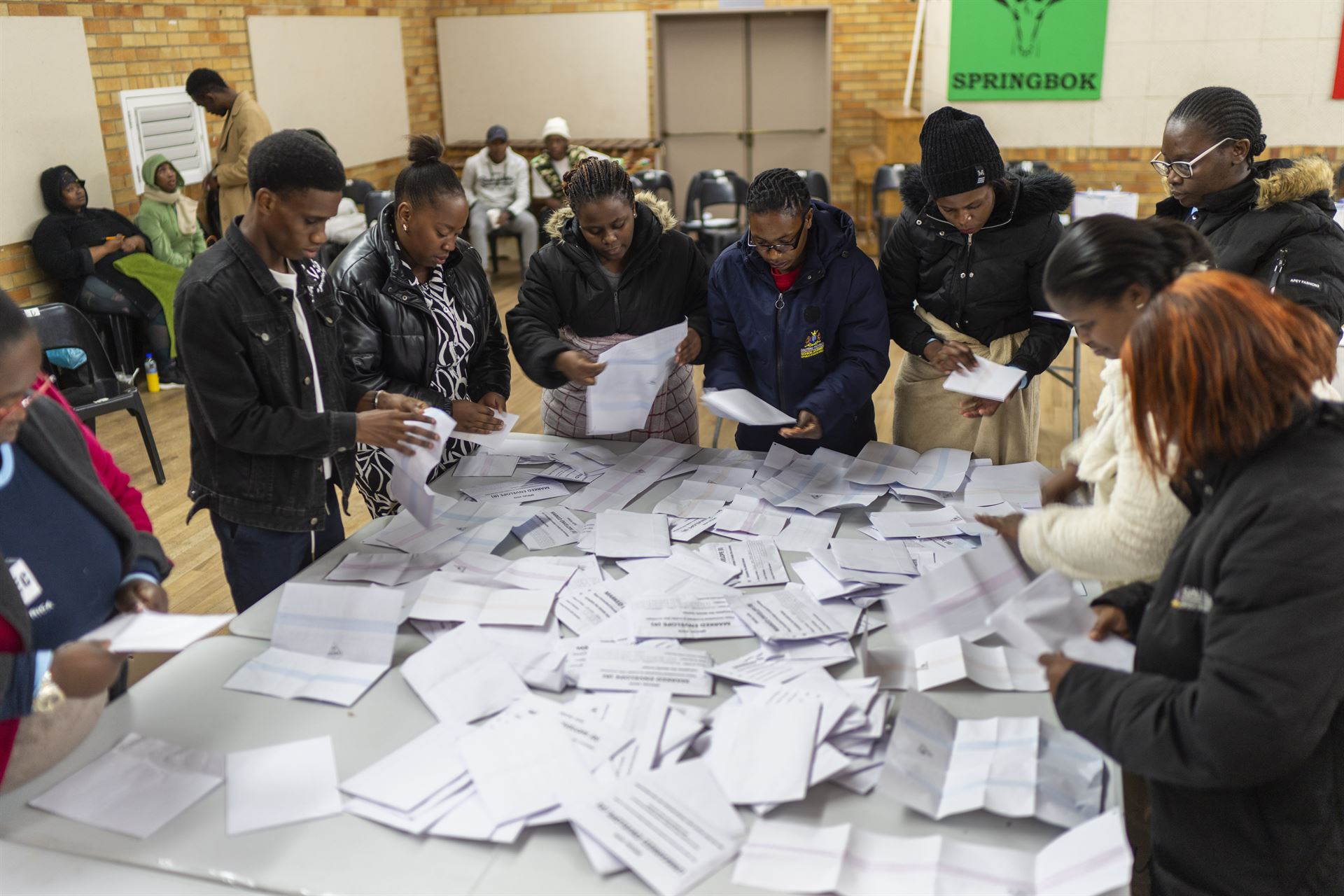
JOHANNESBURG - With long snaking queues still seen outside many voting stations across South Africa late Wednesday evening, the country's electoral management agency said the turnout in the 2024 general election is expected to exceed the previous one in 2019.
READ MORE: Early results in South Africa's election show ANC losing majority
The Independent Electoral Commission of South Africa also ensured the public that every voter in line would have an opportunity to cast their ballots by Wednesday night.
More than 27 million voters were registered to take part in the 2024 national and provincial elections, the most hotly contested since 1994. Over 23,000 voting stations across the country were open from 7 am to 9 pm on the election day
"We are in for a higher turnout than we had in 2019, which is why it is the intention of the commission at this point to ensure that every voter who is in the queue is given an opportunity," said IEC Chief Electoral Officer Sy Mamabolo when briefing the media on the voting process.
READ MORE: South Africans begin casting special votes for 2024 elections
More than 27 million voters were registered to take part in the 2024 national and provincial elections, the most hotly contested since 1994. Over 23,000 voting stations across the country were open from 7 am to 9 pm on the election day.
Some voters, including students at the University of the Witwatersrand and the University of Pretoria, had to wait hours before casting their ballots. Economic Freedom Fighters leader, Julius Malema, spent almost four hours before voting in Seshego, Limpopo province.
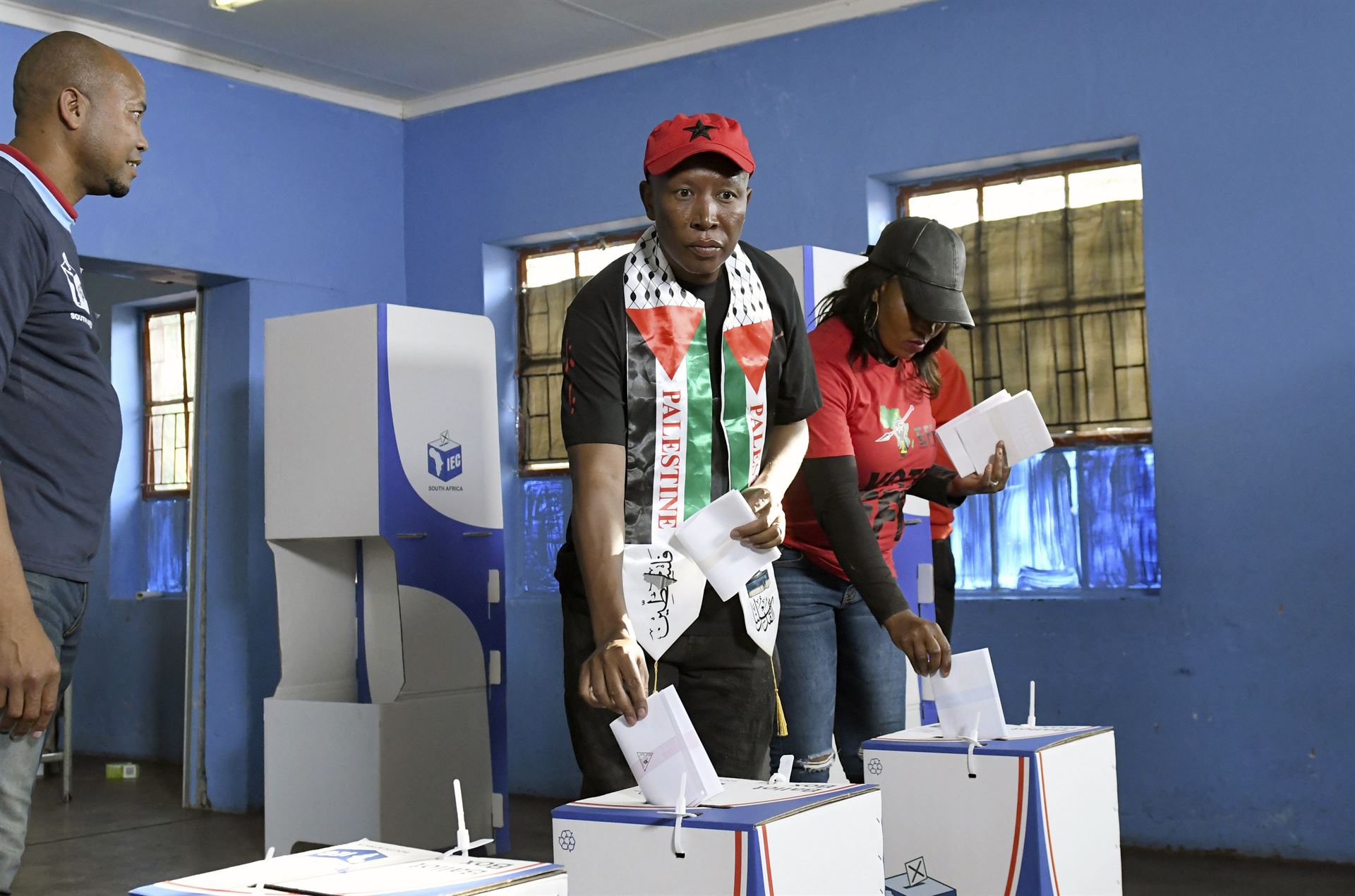
While some complained that the queues were not moving fast enough, Mamabolo attributed this to a good turnout, saying that the turnout this year was expected to be better when compared to the 66 percent turnout in 2019.
"We are aware of the difficulties that are being experienced on the campuses because of the high turnout," Mamabolo noted.
However, the chief electoral officer ruled out the possibility of extending voting by a day.
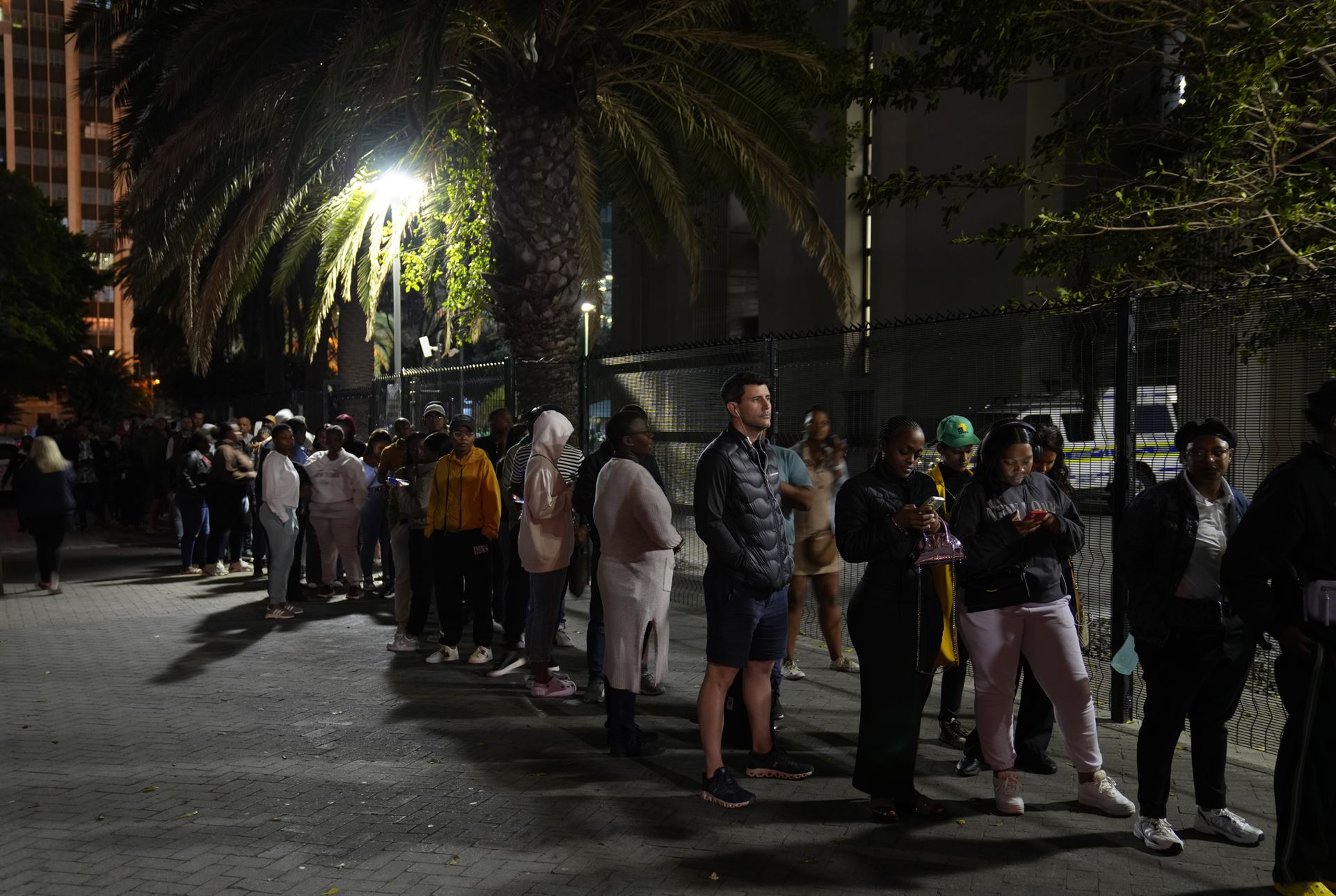
He emphasized that there was no chance of extending voting to a second day despite the long queues, adding that an extension would create unnecessary problems as voting has to be performed at a voting station before ballots are moved.
"If you extend, what do you do with the ballots that are cast, you are introducing risks in an intended fashion. We will give everybody an opportunity to cast their ballots whenever it is," Mamabolo said when responding to a question about possible extension.
READ MORE: South Africa's top court rules former president Zuma ineligible for elections
He added that counting would commence as soon as voting was concluded while observed by present party agents and international observers deployed.
While waiting hours before casting their ballots, some politicians and ordinary voters stressed on the importance of participating in the electoral process.
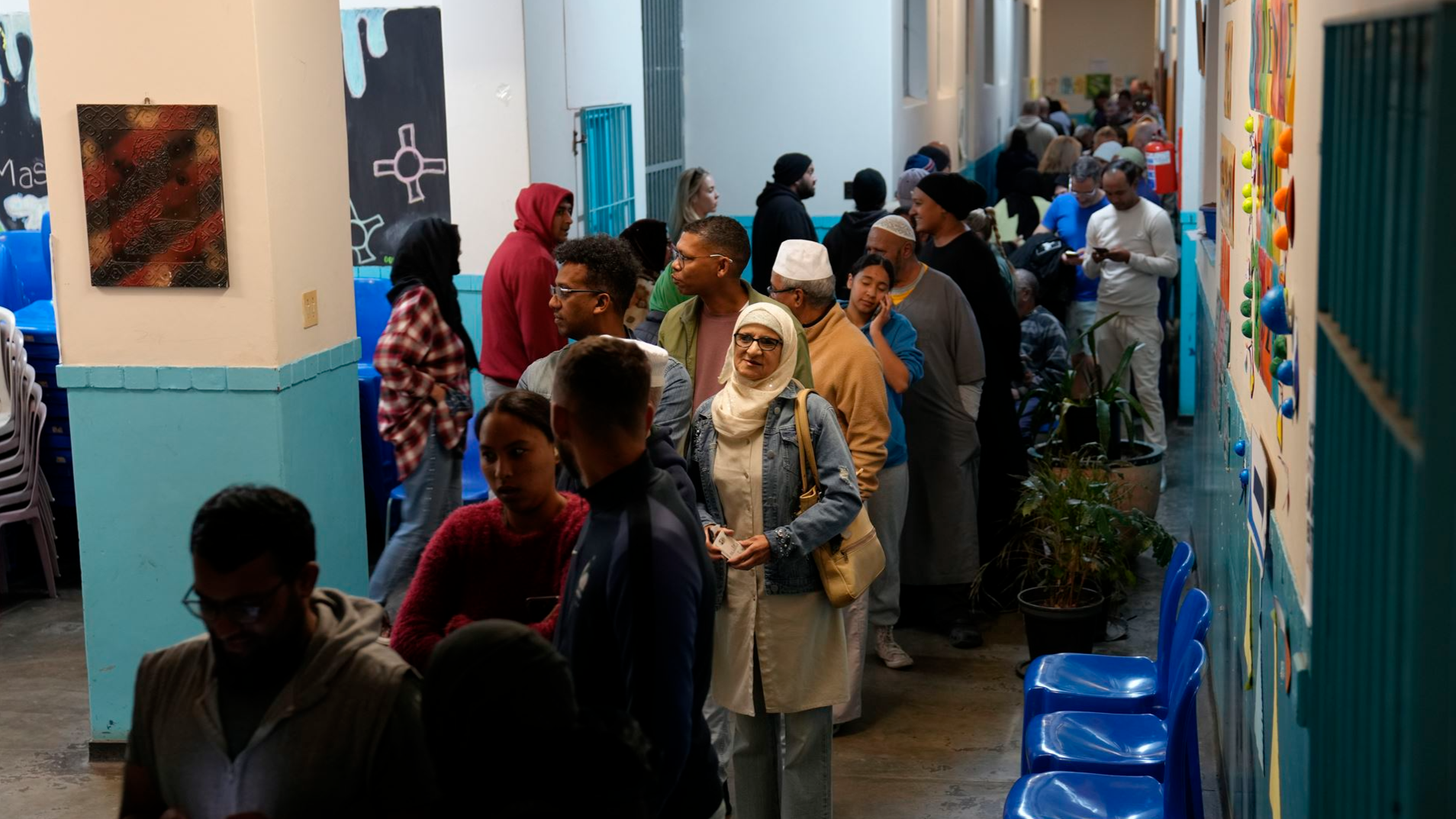
Mayor Geordin Hill-Lewis of Cape Town, the legislative capital of South Africa, said the election day was an important day for South African people.
"This is an exciting day for South Africans, particularly as a young South African. It is such a tremendously exciting day because we feel that the country is on the cusp of important change with South African citizens eagerly awaiting the opportunity to participate in the democratic process and make their voices heard," said the mayor.
READ MORE: S. Africa deploys army to quell unrest linked to Zuma jailing
"As a young South African in particular, who could barely remember the 1994 election. This day feels exciting and enormous. This election does feel as a definitive end of an era, and the beginning of another," he said.
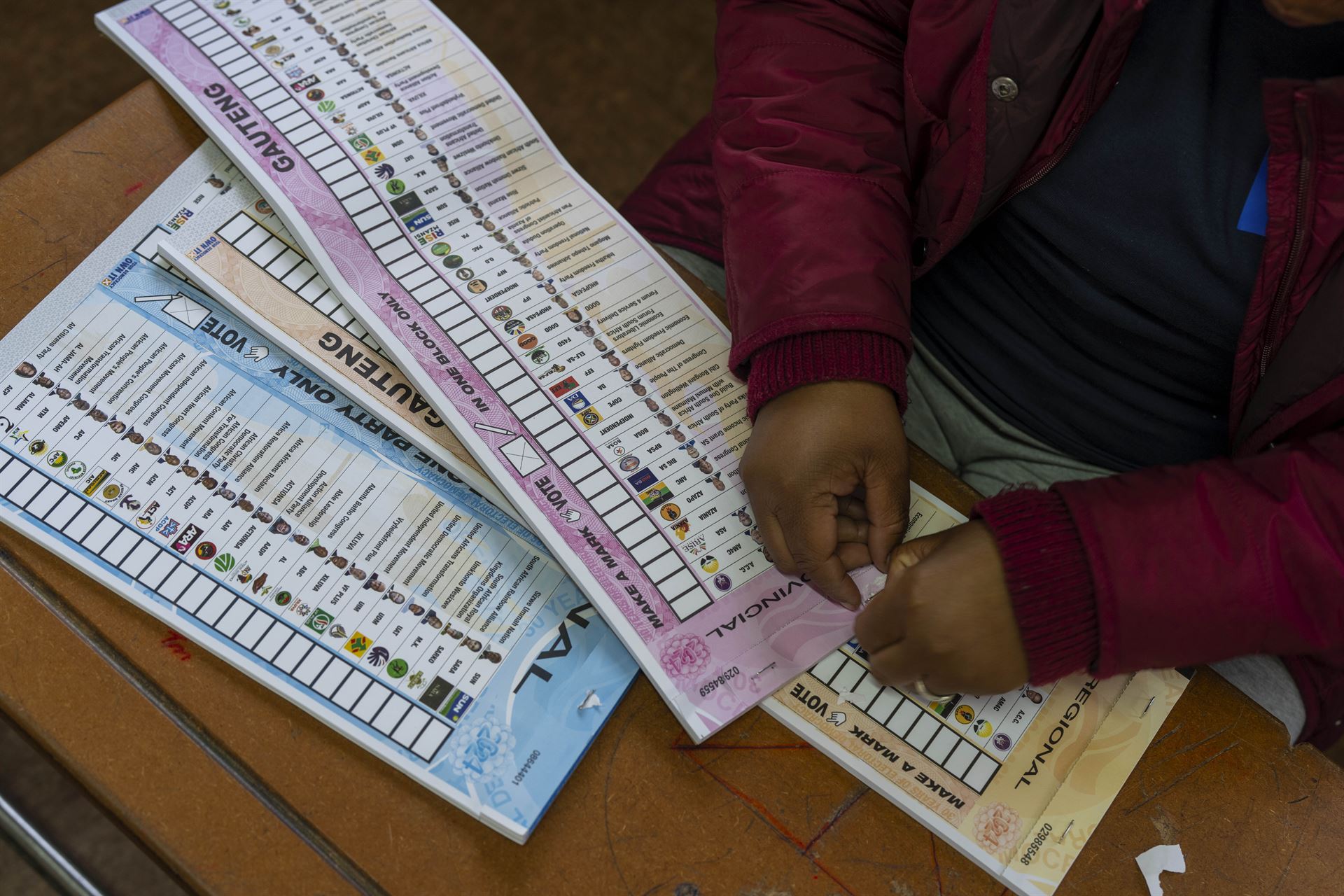
Boaz Boltma, a voter from Cape Town, said the outcome of elections can directly impact policies concerning crucial aspects of society.
"The election is very important for South Africans to make their mark and vote to contribute to a better country. Remember, every vote counts and has the power to make a real difference. By voting, we empower individuals to select leaders who will advocate for their interests and strive to enhance the well-being of society," he said.
"The outcome of elections can have a direct impact on policies that affect various aspects of society, such as healthcare, education, infrastructure, and social welfare," he added.


